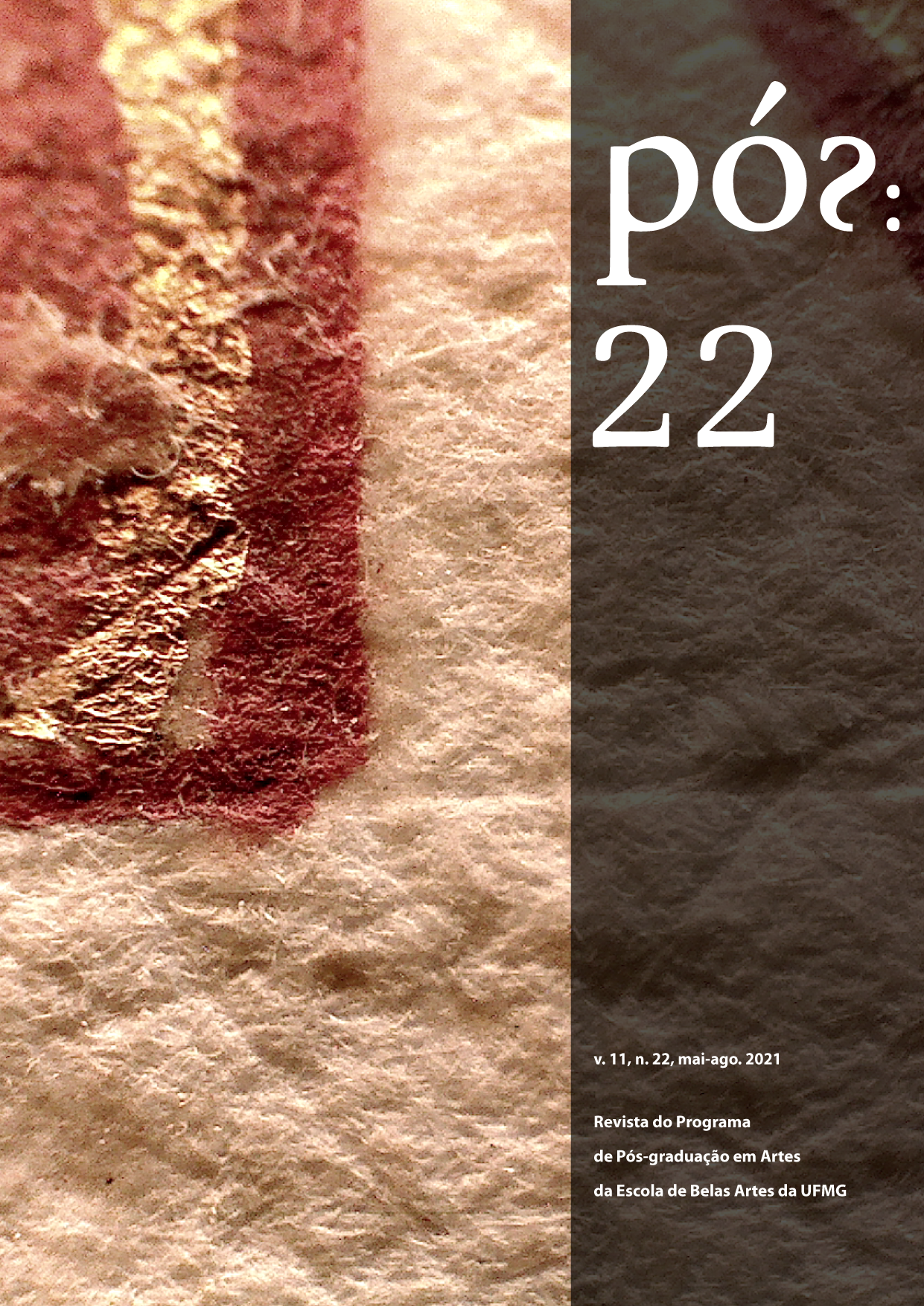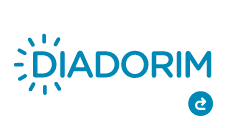Em questões de gênero e normatividade, quantos passos avançamos no salão?
DOI:
https://doi.org/10.35699/2237-5864.2021.25827Palavras-chave:
Danças de Salão, Estudos de Gênero, Heteronormatividade, MachismoResumo
Este artigo tem como questão principal a relação entre aulas de Danças de Salão, machismo e heteronormatividade. Coloca-se em pauta as seguintes perguntas: aulas de Danças de Salão estabelecem que tipo de relação com as questões de gênero e normatividade atualmente? São espaços de manutenção ou superação do machismo e da heteronormatividade? Apresenta-se aspectos encontrados durante a análise de dados coletados através de questionários relacionados à pesquisa em andamento, discutindo sobre concepções pedagógicas para as Danças de Salão; machismo; estudos de gênero; interseccionalidade; sexualidade e educação.
Downloads
Referências
AKOTIRENE, Carla. Interseccionalidade. São Paulo: Sueli Carneiro; Pólen, 2019.
D’ÁVILA, Cristina; MADEIRA, Ana Verena (org.). Ateliê Didático: uma abordagem criativa na formação continuada de docentes universitários. Salvador: EDUFBA, 2018. Disponível em: <http://repositorio.ufba.br/ri/handle/ri/29316>. Acesso em: 10 out. 2020.
DRUMONT, Mary Pimentel. Elementos para uma análise do machismo. São Paulo: Perspectivas, 1980.
FEITOZA, Jonas Karlos de Souza. Danças de Salão: os corpos iguais em seus propósitos e diferentesem suas experiências. 2011. 85 f. Dissertação (Mestrado em Dança) – Escola de Dança, UniversidadeFederal da Bahia, Salvador, 2011. Disponível em: <https://repositorio.ufba.br/ri/handle/ri/8141>. Acesso em: 10 out. 2020.
LOURO, Guacira Lopes. Gênero, sexualidade e educação: uma perspectiva pós-estruturalista. Petrópolis: Vozes, 1997.
NUNES, Bruno; FROEHLICH, Marcia. Um novo olhar sobre a condução na dança de salão: questões de gênero e relações de poder. Revista educação, artes e inclusão, v. 14, n. 2, p. 91-116, abr.-jun. 2018. Disponível em: <https://periodicos.udesc.br/index.php/arteinclusao/article/view/10172>. Acesso em: 10 out. 2020.
NUNES, Joaquim Moreira; INFANTE, Maria. Pesquisa-ação: uma metodologia de consultoria. Rio de Janeiro: Editora FIOCRUZ, 1996. Disponível em: <http://books.scielo.org/id/dydn3/10>. Acesso em: 10 out. 2020.
PAZETTO, Debora; SAMWAYS, Samuel. Para além de damas e cavalheiros: uma abordagem Queer das normas de gênero na dança de salão. Revista educação, artes e inclusão, v. 14, n. 3, p. 157-179, jul.-set. 2018. Disponível em: <https://periodicos.udesc.br/index.php/arteinclusao/article/view/11736>. Acesso em: 10 out. 2020.
POLEZI, Carolina; VASCONCELOS, Paola. Contracondutas no ensino e prática da Dança de Salão: a dança de salão queer e a condução compartilhada. Artículo Presencia. Miradas desde y hacia la Educación, Montevideo, n. 2, 2017. Disponível em: <https://www.stellamaris.edu.uy/revistapresencia/2017/12/06/contracondutas-no-ensino-e-pratica-da-danca-de-salao-a-danca-de-salao-queer-e-a-conducao-compartilhada/>. Acesso em: 10out. 2020.
SAFFIOTI, Heleieth. Gênero, Patriarcado, Violência. São Paulo: Expressão Popular, 2015.
SILVEIRA, Paola de Vasconcelos. Pela urgência do fim da boa dama – os papéis de gênero na dança de salão. Anais ABRACE, v. 19, n. 1, 2018. Disponível em: <https://www.publionline.iar.unicamp.br/index.php/abrace/article/view/3999/4099>. Acesso em: 10 out. 2020.
Downloads
Publicado
Edição
Seção
Licença
Copyright (c) 2021 Francisca Jocélia de Oliveira Freire, Cecília Bastos da Costa Accioly

Este trabalho está licenciado sob uma licença Creative Commons Attribution-NonCommercial 4.0 International License.
Autores que publicam nesta revista concordam com os seguintes termos:
- Autores mantém os direitos autorais e concedem à revista o direito de primeira publicação, com o trabalho simultaneamente licenciado sob a Creative Commons Attribution-NonCommercial 4.0 International License que permite o compartilhamento do trabalho com reconhecimento da autoria e publicação inicial nesta revista.
- Autores têm autorização para assumir contratos adicionais separadamente, para distribuição não-exclusiva da versão do trabalho publicada nesta revista (ex.: publicar em repositório institucional ou como capítulo de livro), com reconhecimento de autoria e publicação inicial nesta revista.
- Autores têm permissão e são estimulados a publicar e distribuir seu trabalho online (ex.: em repositórios institucionais ou na sua página pessoal) a qualquer ponto antes ou durante o processo editorial, já que isso pode gerar alterações produtivas, bem como aumentar o impacto e a citação do trabalho publicado
- É responsabilidade dos autores a obtenção da permissão por escrito para usar em seus artigos materiais protegidos por lei de Direitos Autorais. A Revista PÓS não é responsável por quebras de direitos autorais feitas por seus colaboradores.












